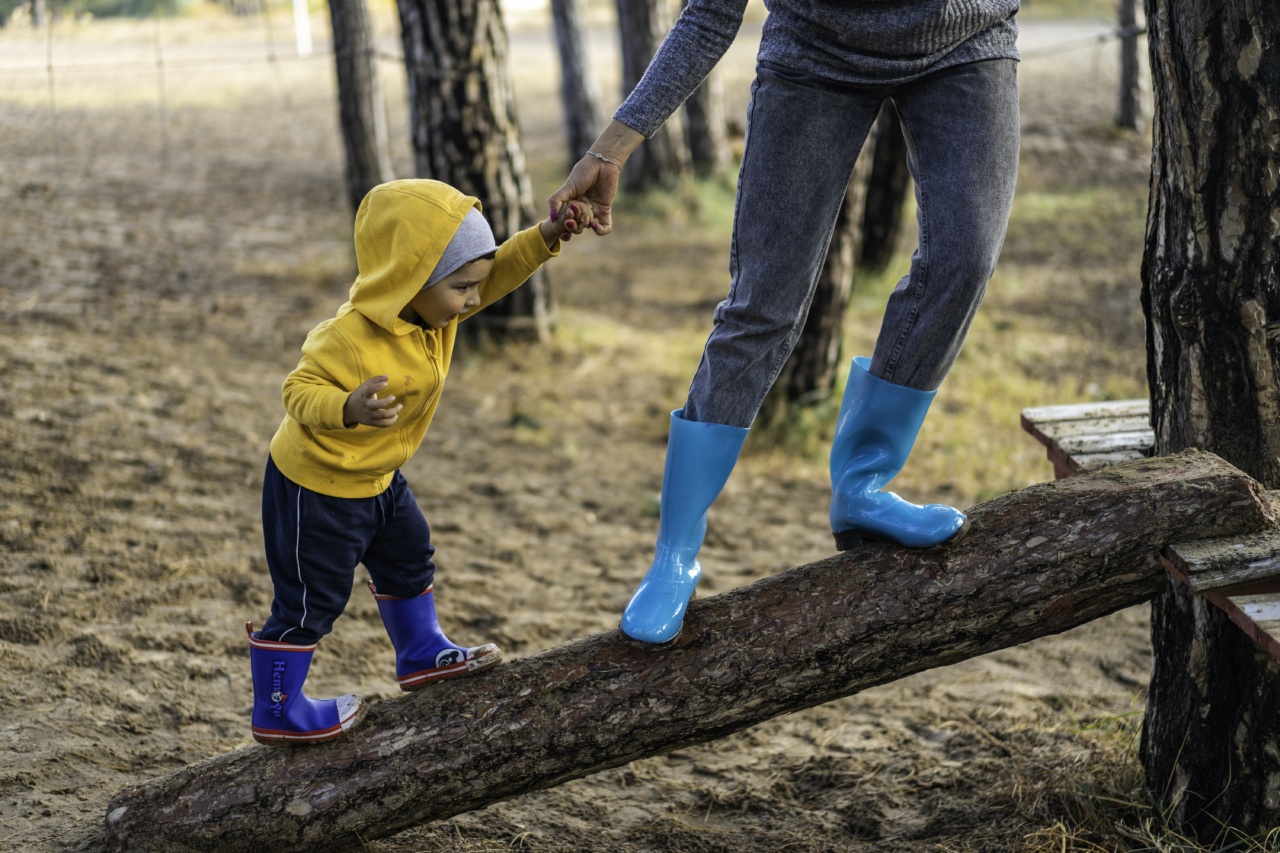Parenting is a rewarding and fulfilling journey that comes with its fair share of challenges. From sleepless nights with newborns to guiding teenagers through their rebellious phases, being a parent can be quite demanding.
It is not uncommon for parents to experience burnout due to the constant stress, pressure, and responsibilities that come with raising a family. Parental burnout refers to the state of physical, emotional, and mental exhaustion experienced by parents, which can have profound effects on family life.
The Symptoms of Parental Burnout
Recognizing the signs of parental burnout is crucial for parents to seek help and support before it significantly impacts both their well-being and their family’s. Some common symptoms of parental burnout include:.
- Constant fatigue and low energy levels
- Feelings of helplessness and hopelessness
- Increased irritability and impatience
- Lack of interest or enjoyment in activities
- Difficulty concentrating and making decisions
- Sleep disturbances
- Withdrawal from social interactions
- Increased levels of anxiety and depression
- Neglecting self-care and personal well-being
- Experiencing physical symptoms such as headaches or digestive issues
The Impact on Parent-Child Relationships
Parental burnout can have a significant impact on parent-child relationships, affecting the bond between parents and their children.
When parents are emotionally and physically exhausted, they may find it challenging to provide the love, attention, and support their children need. This can lead to feelings of guilt and inadequacy, further worsening the burnout symptoms.
Children may also sense their parents’ emotional exhaustion, leading to increased levels of anxiety and stress in themselves.
They may interpret their parent’s fatigue as disinterest or neglect, impacting their sense of security and overall well-being. Additionally, parental burnout can result in an increased reliance on harsh disciplinary measures, affecting the parent-child relationship and potentially leading to behavioral issues in children.
The Effect on the Family Dynamic
Parental burnout not only impacts the parent-child relationship but also affects the overall family dynamic. When parents are exhausted and overwhelmed, it can create tension and conflict within the family.
Communication may suffer, and parents may become less responsive to their partner’s and children’s needs.
Furthermore, parental burnout often leads to a lack of quality time spent together as a family. Parents may be preoccupied with their own fatigue and stress, causing them to miss out on important moments and activities with their children.
This can lead to feelings of resentment and isolation within the family unit.
Preventing and Managing Parental Burnout
Preventing and managing parental burnout is essential for the well-being of both parents and their families. Here are some strategies to help prevent and manage parental burnout:.
- Practice self-care: Taking care of yourself is crucial to prevent burnout. Prioritize self-care activities such as exercise, hobbies, relaxation techniques, and seeking emotional support.
- Delegate responsibilities: Share the household and parenting responsibilities with your partner or other family members. Accepting help and support can lighten the load and prevent exhaustion.
- Set realistic expectations: Avoid striving for perfection and set realistic expectations for yourself as a parent. Remember that it’s okay to ask for help and take breaks when needed.
- Seek social support: Connect with other parents who may be experiencing similar challenges. Join parenting support groups or seek professional help from therapists or counselors.
- Create a routine: Establishing a routine can bring a sense of structure and stability to your family life. A well-organized routine can help reduce stress and prevent burnout.
- Practice stress management techniques: Incorporate stress management techniques such as deep breathing exercises, mindfulness, and relaxation into your daily routine.
- Take breaks and have alone time: It’s important to schedule regular breaks and alone time away from parenting responsibilities. Use this time to recharge and engage in activities you enjoy.
- Communicate openly with your partner: Share your feelings, concerns, and struggles with your partner. Open and honest communication can help both partners understand and support each other better.
- Learn to say no: Don’t be afraid to set boundaries and say no to additional commitments or responsibilities that will overwhelm you. Learning to prioritize and decline tasks can prevent burnout.
- Seek professional help if needed: If parental burnout is severely impacting your well-being and family life, do not hesitate to seek professional help. Therapists or counselors can provide guidance and support.
The Role of Society and Support Systems
Society plays a critical role in preventing and managing parental burnout. Creating supportive environments and offering resources and services for parents can greatly alleviate the challenges of parenting.
Employers can support parents by offering flexible work arrangements, parental leave policies, and on-site childcare facilities. Governments can invest in affordable and accessible childcare options and provide subsidies for parenting support programs.
Schools can offer support and resources for parents, which can include workshops, parenting classes, and counseling services.
Additionally, family and friends can offer support to parents by providing a listening ear, helping with household chores, or offering to babysit. The presence of a supportive network can significantly reduce parental burnout.
The Importance of Addressing Parental Burnout
Recognizing and addressing parental burnout is crucial for the overall well-being and happiness of families.
By addressing parental burnout, parents can strengthen their relationships with their children and partners, create a harmonious family dynamic, and promote the healthy development of their children.
It’s essential for parents to prioritize self-care and seek support when needed. Parenting is a challenging journey, and no one should have to go through it alone.
By promoting a culture of support and understanding, society can help parents navigate the hazards of parental burnout and build resilient and thriving families.






























